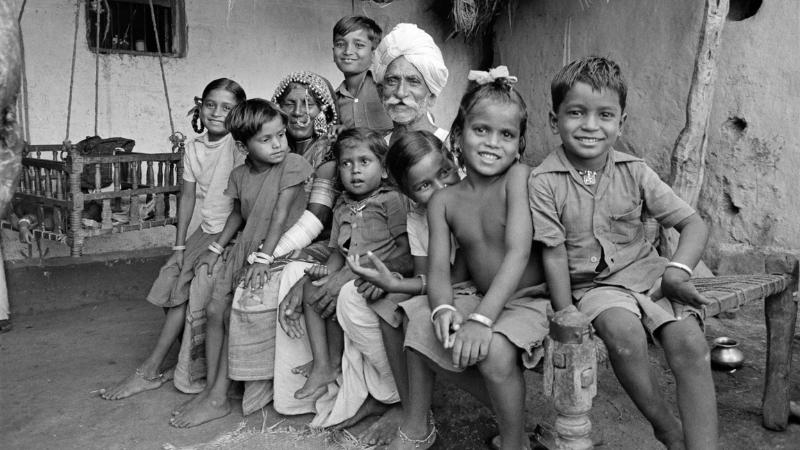
- devara
- 19 Dec 2024 02:23 AM
- India, fertility rate, ageing population, southern India
India, having recently surpassed China as the world's most populous country, faces a significant demographic challenge. Fertility rates have dramatically declined across the country, especially in southern states like Tamil Nadu and Andhra Pradesh, where rates have fallen below the replacement level of two children per woman. This poses a dual challenge: the southern states worry about the implications for political representation and federal revenues, as population shifts could reduce their parliamentary seats and financial resources.
Meanwhile, India is also grappling with the rapid ageing of its population. Demographers predict that India will reach an ageing milestone in just 28 years, much faster than countries like France and Sweden. This shift is exacerbated by a high percentage of elderly people living in poverty, with limited social security systems to support them. Traditional family support structures are also weakening, further contributing to the challenge.
As fertility continues to decline, figures like Mohan Bhagwat, the chief of the RSS, are urging families to have more children. However, experts argue that this push may not reverse the trend due to significant societal shifts. Demographers emphasize that India must focus on preparing its ageing population for the future by extending retirement ages, enhancing healthcare, and improving social security.
India still has the opportunity to leverage its demographic dividend, benefiting from a large working-age population. However, this requires urgent policy changes to ensure that the country remains economically competitive while addressing the challenges posed by an ageing society.





































